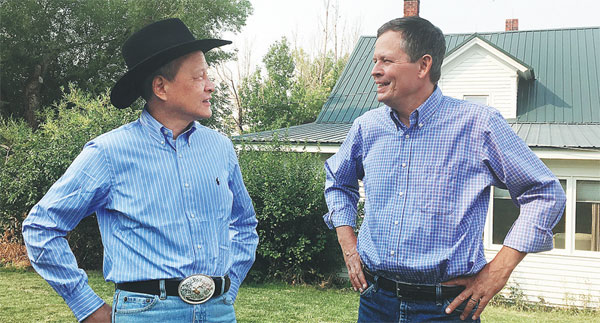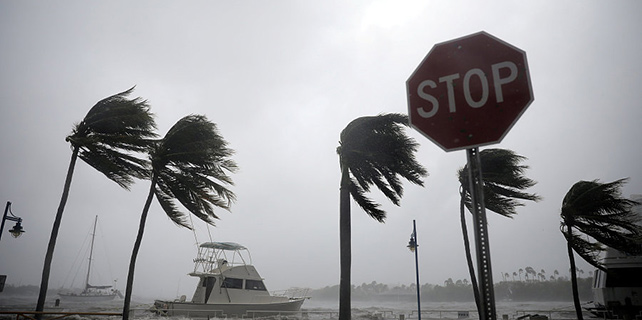Montana ranchers lasso China ties
China envoy, Senator co-host agricultural cooperation forum in heart of beef country
Craig Morgan, a cattleman in Belgrade, Montana, stays busy every day in the saddle running his 125-year-old, 80,000-acre family ranch.
He has never been to China but said he and others talked recently about making the trip. "I would love to see it someday," he said.
The idea arose after Morgan realized that the cattle raised on his ranch may end up on dinner tables in China after the country lifted the 14-year-old ban on US beef imports that was imposed because of mad cow disease.
The lift was announced when Chinese President Xi Jinping and US President Donald Trump met in Mar-a-Lago of Florida in early April. In exchange, the US agreed to allow the sale of Chinese cooked poultry in the US.
"It's a great opportunity," said Morgan, adding that his cattle raised in Montana's high elevation open country are very healthy and good quality and sought after by ranches in the Midwest.
On Friday morning, the backyard of his Morgan Ranch House hosted an agricultural forum co-chaired by Chinese Ambassador to the US Cui Tiankai and US Senator Steven Daines of Montana. Participants also included representatives of Montana ranches and farms, as well as a dozen commercial and agricultural officials from the Chinese embassy and US-based Chinese companies.
"China is the second-largest beef import market in the world. This is a tremendous opportunity for Montana," said Daines, who travelled to China in April after the announcement of ban lift. On that trip, he brought a box of Montana steaks and an American flag with a cow logo as gifts to Chinese Premier Li Keqiang.
Daines said agriculture is Montana's single largest economic driver. "So by driving access to these markets, by shipping more beef into China, more grain into China, more sugar beets into China, it will increase jobs here in Montana, increase wages. And that's a big win," said Daines, who previously worked many years for Procter & Gamble in Hong Kong and on the Chinese mainland.
"We need it so badly now in Montana because of the revenue shortfall that is hitting the hell out of us. One way we can solve that problem is to ship more products to great markets like China," he said.

















